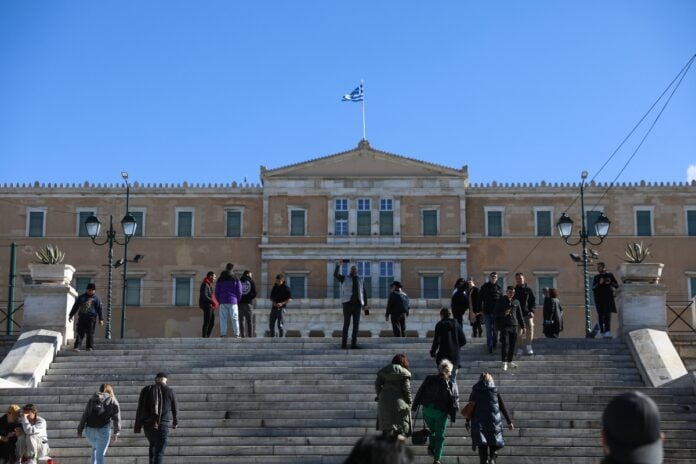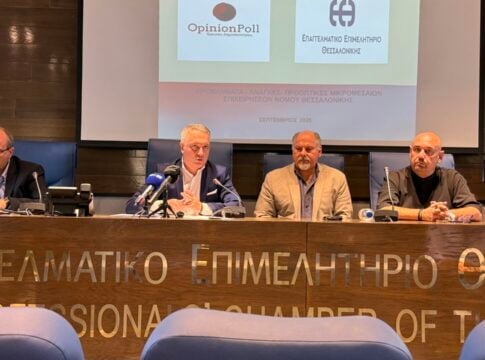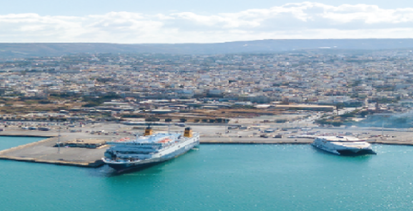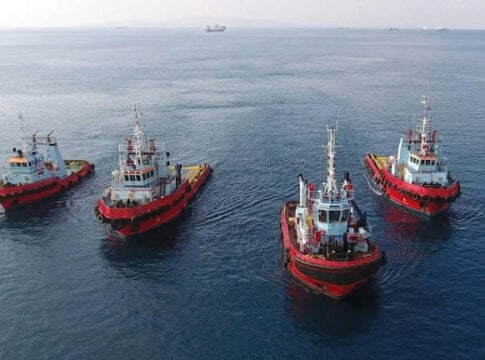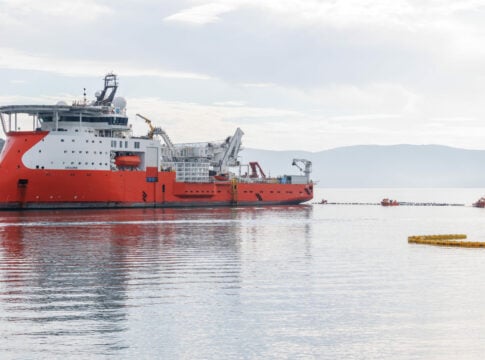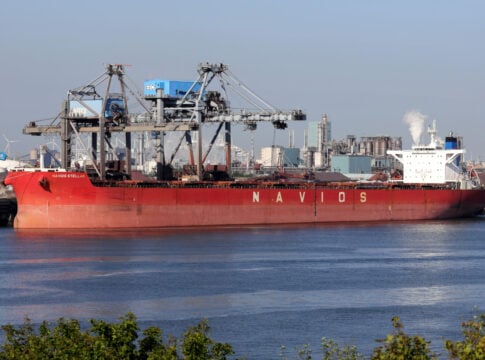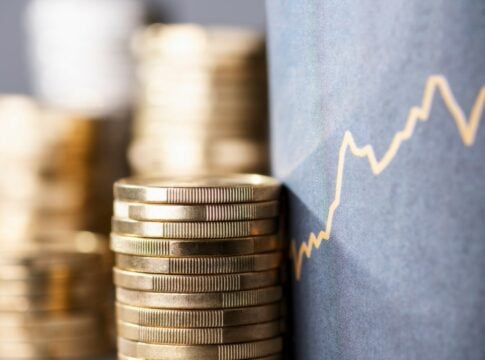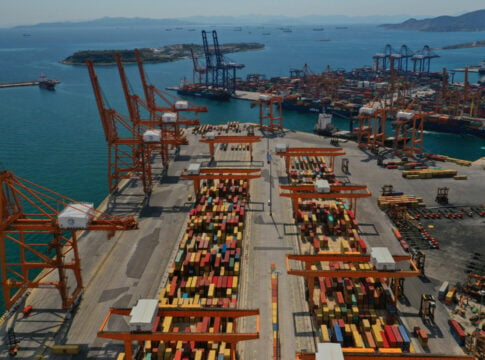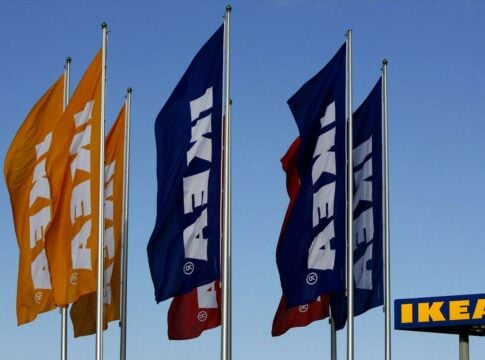There are two reasons why certain parts of the prime minister’s speech at the Thessaloniki International Fair (TIF) are expected to be “locked in” at the last moment. One is the announcement of the provisional data on Greece’s growth rate in the second quarter of the year by the Hellenic Statistical Authority (ELSTAT) and the other one is DBRS’ announcement on the Greek economy on Friday.
Meanwhile, geopolitical tensions are shaking the global economy. The largest economy in Europe, the German one, moved negatively in the second quarter of the year, and high prices continue to affect households in Europe and the US. These developments have not left Greece unaffected.
However, the situation is clearly better than in previous years, sending positive messages about the course of GDP this year compared to most European countries.
Tourism performance
Tourism in Greece continues to record consecutive records with arrivals in Greece moving higher and higher month after month. Increased revenues from tourism totaled 6.9 billion euros in the first half of the year and receipts from exports of services, which include transport, moved up by almost 1.5 billion euros to 7.2 billion euros in the same period of time.
On the contrary, the average expenditure per tourist was reduced to 570 euros, registering a drop of 3.6% compared to the first half of 2023. In 2024, tourist arrivals in Greece are estimated to reach approximately 35 million, while it is a bet for the government that tourism revenues reach or exceed 22 billion euros.
In addition, the role of the Recovery and Resilience Facility in enhancing investment continues to be decisive, an element of particular importance for the path of GDP growth.
The real estate sector, after the serious blow it received during the period of the memoranda, and especially the construction sector, have started developing. Of course, real estate prices are constantly rising, making it particularly difficult, especially for young people, to find and own their own property.
The turnover in the retail trade increased by 4.1% during the second quarter of the year, reaching 18.1 billion euros according to the latest data from ELSTAT.
The verdicts of the rating agencies
A new round of rating announcements begins next week with DBRS. Its rating is considered to be of particular importance, not only for the Greek economy but more generally for the political climate. Nevertheless, the eyes are focused more on September 13, when Moody’s will publish its own rating of the Greek economy.
It is the only one that has not upgraded Greece to the investment grade. However, market representatives seem cautious, without of course excluding some positive news. For some, Moody’s rating is of particular importance as it is the largest in the world and the potential demand for Greek bonds, in the event of an upgrade, could even reach 20 billion euros.
It is recalled that Moody’s rating remains at Ba1 (one notch below investment grade) with a stable outlook, after the double upgrade last September.


